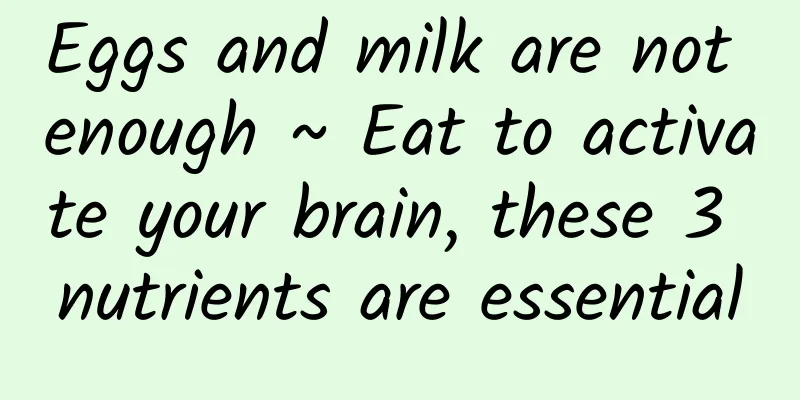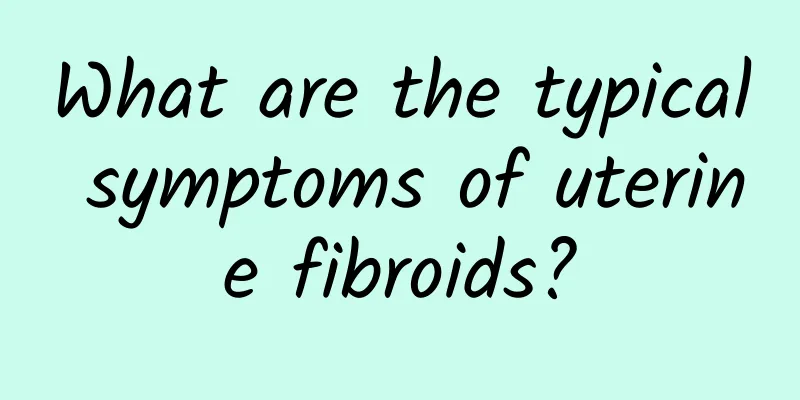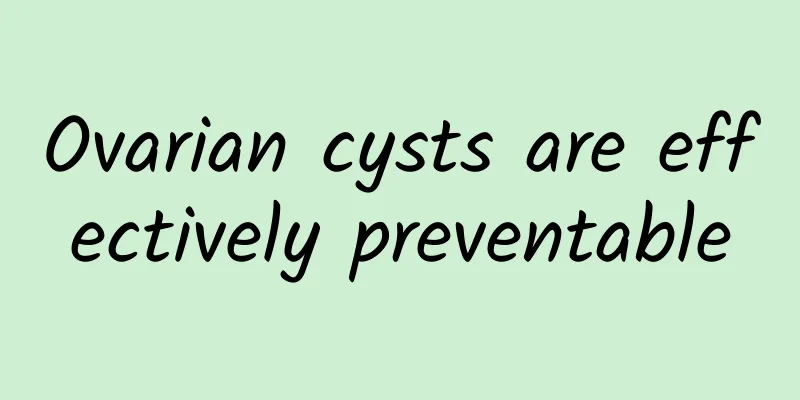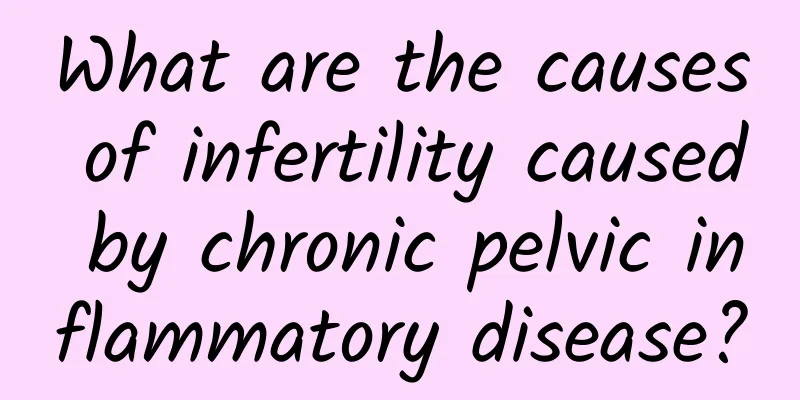Eggs and milk are not enough ~ Eat to activate your brain, these 3 nutrients are essential

|
Eat right to improve your brain power! Is fat a food that protects the brain? Or protein? Nutritionists say that eating the right protein can keep your brain younger. Most people think that eggs and milk are already rich in protein. In fact, there are three other essential nutrients for brain health! Protecting the brain requires protein to help cell metabolism Why do we need protein to protect our brain? Nutritionist Gao Minmin said that the brain is susceptible to free radicals because it consumes a lot of oxygen. Although the entire brain accounts for only 2% of the body's weight, it consumes 20% of the body's oxygen. There's a price to pay for consuming oxygen: the free radicals produced can damage the nerve cells that carry messages. And "diet" can activate the brain. A five-year study involving more than 900 elderly volunteers showed that increasing brain-boosting foods such as fish, nuts, and olive oil, and reducing junk foods such as fast food, high-fat, and high-sugar foods, can significantly slow cognitive decline, which is equivalent to making the brain 7.5 years younger! High-quality protein is essential for the connection and conduction between brain nerve cells In particular, high-quality protein plays the role of connection and conduction between brain nerve cells. Only with the full operation of many neurotransmitters can the ability to think, remember and reason be produced. At the same time, we must also develop correct lifestyle habits such as weight management, moderate exercise, brain training, and stress relief to help the brain fight against aging! Animal protein vs. plant protein: which one should you choose? As for eating animal protein? Or is plant-based protein better for the brain? Nutritionist Gao Minmin said that compared with plant protein, animal protein is closer to the protein structure of the human body, so it is easier to be absorbed by the human body. However, there are concerns that protein fried at high temperatures can easily turn into low-quality protein, saturated fatty acids and cholesterol, and can easily increase the burden on the liver and kidneys, and also increase the risk of cardiovascular disease. These issues do not exist at all for plant protein. The difference between the two proteins and their nutritional value depends on the digestion rate and the type and combination of amino acids contained in the protein. Generally speaking, proteins that are easily digested, absorbed and utilized by the human body have higher nutritional value. For example, animal protein is closer to the protein needed by the human body; and it contains a full range of essential amino acids (because the human body's protein is composed of 20 kinds of amino acids, 12 of which can be synthesized by the human body through its own biochemical reactions, called non-essential amino acids, and the remaining 8 amino acids cannot be synthesized by the human body and must be provided by food, which are called essential amino acids). As for plant protein, it lacks this kind of amino acid, so the degree to which this type of protein is absorbed and utilized by the human body will also vary. Although animal protein is more suitable for human absorption, it does not mean that plant protein is ineffective. If you mix protein foods such as beans, meat, and eggs together and eat them, the nutritional value of the two will be improved relatively, which will be better than absorbing animal protein alone. Plant protein sources: beans, rice, flour, whole grains, spirulina, vegetables and fruits Generally speaking, sources of plant protein include beans, rice, flour, whole grains, root vegetables, fruits, etc., and beans are the best source of plant protein. Others, such as Spirulina, have a protein content of 60-70%. It is mainly produced in Africa and Mexico. It was once the main source of protein for the Aztecs. Due to its very high nutritional value, it has been cultivated in large quantities and has been integrated into food, medicine, feed and other uses. Other nutrients include vitamins, minerals, and fatty acids. According to medical clinical reports, spirulina has many benefits for the human body, such as detoxification, anti-inflammation and anti-oxidation, helping iron absorption, improving anemia, lowering blood lipids, etc. In addition, there are three nutrients that protect the brain: 【Three nutrients to protect the brain】: Vitamin E: It is a powerful antioxidant that helps prevent brain aging. A health survey conducted by Harvard University and involving 80,000 nurses showed that people with high levels of vitamin C and vitamin E in their diets are less likely to suffer from cognitive impairment. Foods high in vitamin E include nuts such as almonds, peanuts, walnuts, etc. and whole grains such as brown rice, wheat, oats, etc. ★ B vitamins: Studies have shown that B vitamins such as vitamin B12 and folic acid can also help prevent brain aging. Without vitamin B12, the brain cannot function properly. Surveys show that adults with low folic acid levels have more than three times the risk of developing cognitive impairment than the general population. Foods high in B vitamins include lean meat, eggs, yeast, beans, and yellow-green vegetables such as spinach, tomatoes, and Chinese cabbage. Vitamin C: Vitamin C in the brain can fight free radicals and protect nerve cells. Studies have shown that if the vitamin C level in the blood is high, cognitive ability will be high. Good sources of vitamin C are various fresh vegetables, citrus fruits, etc. There are taboos to protect the brain. Pay attention to diet and sleep in daily life. Finally, a reminder that there are some taboos to pay attention to in protecting your brain, including: Do not smoke for a long time. According to research by German medical scientists, long-term smoking can cause varying degrees of atrophy of brain tissue, making it easy to suffer from senile dementia. Because long-term smoking can cause cerebral arteriosclerosis, which will lead to insufficient blood supply to the brain, nerve cell lesions, and subsequent brain atrophy. It is also not advisable to skip breakfast. Skipping breakfast will cause a person's blood sugar to be lower than normal, resulting in insufficient nutrition to the brain, which will be harmful to the brain in the long run. In addition, breakfast quality is closely related to intellectual development. And avoid lack of sleep, the main way for the brain to eliminate fatigue is sleep. Long-term lack of sleep or poor sleep quality will only accelerate the decline of brain cells, and even smart people will become confused. |
>>: Papaya vs green papaya - the best way to enlarge breasts and lose weight is...
Recommend
What are the treatments for cervical hypertrophy?
Cervical hypertrophy is a morphological change of...
Good-looking and slimming! Latin aerobics butterfly sleeves
In the sunny summer, for many women, whether wear...
Typical symptoms of hyperplastic vulvar leukoplakia at each stage
There are several types of vulvar leukoplakia, an...
Symptoms of vulvar itching
Symptoms of vulvar itching: What the patient want...
What is the reason for late menstruation?
What is the reason for late menstruation? If your...
Drinking vinegar to burn fat? Nutritionist: Vinegar contains high sugar content and makes you fatter
During the consecutive holidays, many people eat ...
Common causes of hyperprolactinemia
The abnormal increase of serum prolactin (PRL) to...
Is eating oatmeal with milk a perfect match for breakfast? Be careful of these 3 types of people! Nutritionist Liu Yili warns: Long-term consumption affects calcium and iron absorption
Many people choose to drink a bowl of sweet and d...
What is the difference between uterine cysts and fibroids? Are uterine cysts and fibroids the same?
Uterine adenoma and fibroids are common gynecolog...
What are the early symptoms of vaginitis?
Vaginitis has the highest incidence rate among gy...
What are the symptoms of endometrial tuberculosis?
Among common gynecological diseases, endometrial ...
Symptoms of spontaneous abortion due to cervical pregnancy
If a spontaneous abortion occurs due to cervical ...
What are the causes of ectopic pregnancy?
If ectopic pregnancy is not treated in time, acut...
Experts explain the symptoms of chronic pelvic inflammatory disease
Pelvic inflammatory disease is divided into acute...
Are cervical warts hereditary?
Everyone should know that some diseases are inher...









